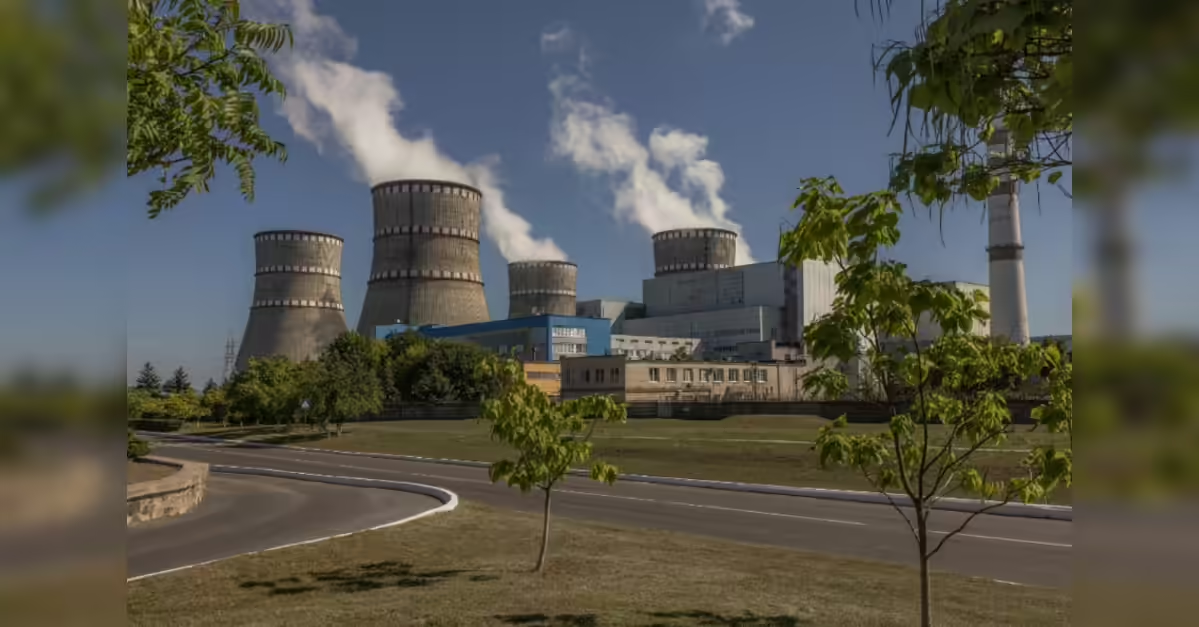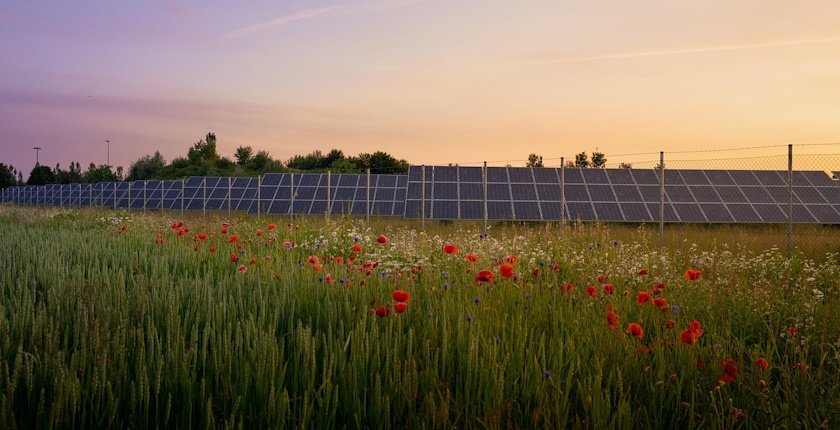The European Union has released new state aid regulations aimed at supporting the production of low-carbon technologies, including nuclear power and renewable energy sources. These updated rules, announced on June 26, 2025, will remain in effect until the end of 2030, replacing prior legislation from 2022 that is set to expire this year.
In the face of increasing competition from China and the United States, the EU emphasizes the need for decisive action to maintain its position in the clean technology sector. Teresa Ribera, the European Commission’s executive vice-president responsible for clean energy initiatives, stated, “If Europe wants to lead in clean tech, we must act with courage and clarity.” The new framework is designed to simplify and accelerate the support process for decarbonization efforts across member states.
One of the key elements of the new rules is the introduction of a concept called “technological neutrality.” This allows for state aid to be allocated not only to renewable energy projects but also to nuclear energy initiatives. The EU Commission will assess state aid requests for nuclear energy generation, including small and advanced modular reactors, ensuring legal certainty for these investments.
The new regulations also extend support to low-carbon fuels, including both blue and green hydrogen. Green hydrogen is produced using renewable energy sources, while blue hydrogen utilizes fossil fuels in conjunction with carbon capture technologies to mitigate emissions. This support aims to facilitate the transition of energy-intensive sectors towards greener alternatives.
In response to demands from Germany, the framework permits temporary subsidies for electricity prices in energy-intensive industries, provided these industries invest in decarbonization measures. Germany’s economy, which increasingly relies on intermittent renewable energy and gas-fired power, has faced rising electricity costs, particularly after the war in Ukraine disrupted low-cost gas imports from Russia.
Additionally, the framework approves subsidies for the manufacturing of solar panels, wind turbines, batteries, heat pumps, and components for nuclear energy. This approach aims to bolster the EU’s domestic production capabilities and decrease reliance on external suppliers for critical clean energy technologies.
The introduction of these new state aid rules represents a strategic shift for the EU, aligning financial support with the goal of achieving greater energy independence and a robust clean technology sector.




